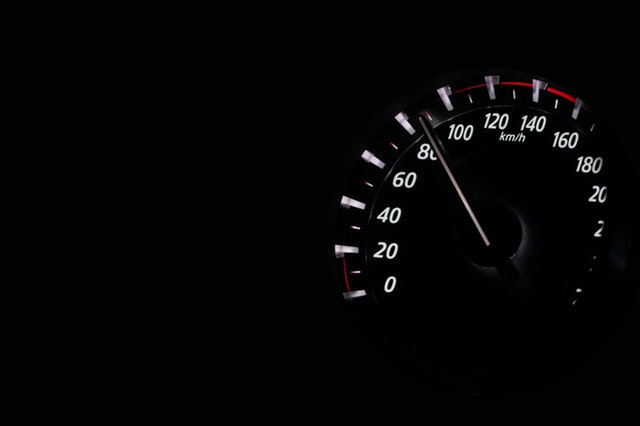
Driving lessons don’t stop when you get your license. Passing your driving test means that you have the necessary expertise to operate a vehicle, but experience comes with time. And a huge part of driving well comes down to experience. You have to keep practicing to hone your driving skills and become a safer driver. Still, you don’t have to wait to learn everything through a process of trial and error. If you’re new to driving, then take these points on board. These pieces of advice should help you to keep yourself and others safe when you’re on the road.
Be a defensive driver.
Defensive driving is such an important part of operating a car safely. It’s about more than driving skills – it’s about your mindset. You need to react to things in a safe manner. If you were to see a driver operating their vehicle in a reckless way, for instance, then you should keep your distance to ensure that the situation doesn’t develop into an accident. Reacting aggressively, on the other hand, would likely exacerbate things. That being said, it’s important to be prepared for any scenario because responsible drivers can still find themselves involved in road incidents. You might want to seek help from an attorney dealing in personal injury law if you or a loved one has been hurt in a car accident. To ensure that you get financial compensation and emotional closure after such an event, professional help from a lawyer is worthwhile.
Avoid distractions.
Avoiding distractions is another smart way to drive responsibly. You need to make sure that you focus on the road. So, be confident enough to tell passengers if they’re distracting you by talking or playing music loudly. And, obviously, don’t use your phone whilst you drive. It’s not just about abiding by the law; it’s about keeping yourself and others safe. If you get distracted by things happening outside, then that can make your driving unsafe, as well. Paying attention to pedestrians, rather than the road, is a good example of being unnecessarily distracted. An exception might be paying attention to a pedestrian with a dog because you want to respond by braking quickly if the dog runs into the road.
Drive in the right state of mind.
This ties back into the first point, but you have to be more than a defensive driver. Knowing how to be calm and collected is important, but you also need to be able to step away from the wheel when you know you’re in the wrong state of mind to be operating a vehicle. Being intoxicated, of course, is a common example. Alcohol slows your reflexes, and it puts drivers at risk of causing accidents because they’re unable to respond to incidents effectively. However, there are other times at which your mindset can end up in a similar state.
If you’re tired, for instance, then your response time will be slower, too. Yet, many people fail to appreciate the significance of tiredness. Caffeine is not a solution, even if it temporarily perks you up. If you’ve been on the road for a while and you’re tired, then stop, book a hotel room, and recharge. It’s always smart to avoid driving if you don’t feel as sharp as usual. If you’re stressed, anxious, or distracted in any way (as was discussed in the previous point), then you shouldn’t be behind the wheel of a car.

Leave a Reply